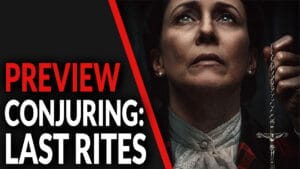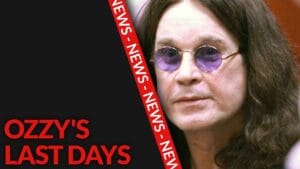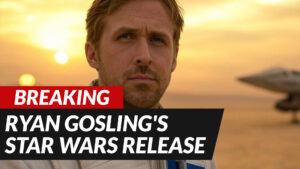Mel Gibson. A name that resonates across Hollywood for decades. From his breakthrough roles in ‘Mad Max’ and ‘Lethal Weapon’ to his critically acclaimed work as a director, Gibson’s career has been filled with blockbuster hits and undeniable talent.
Early Life and Background
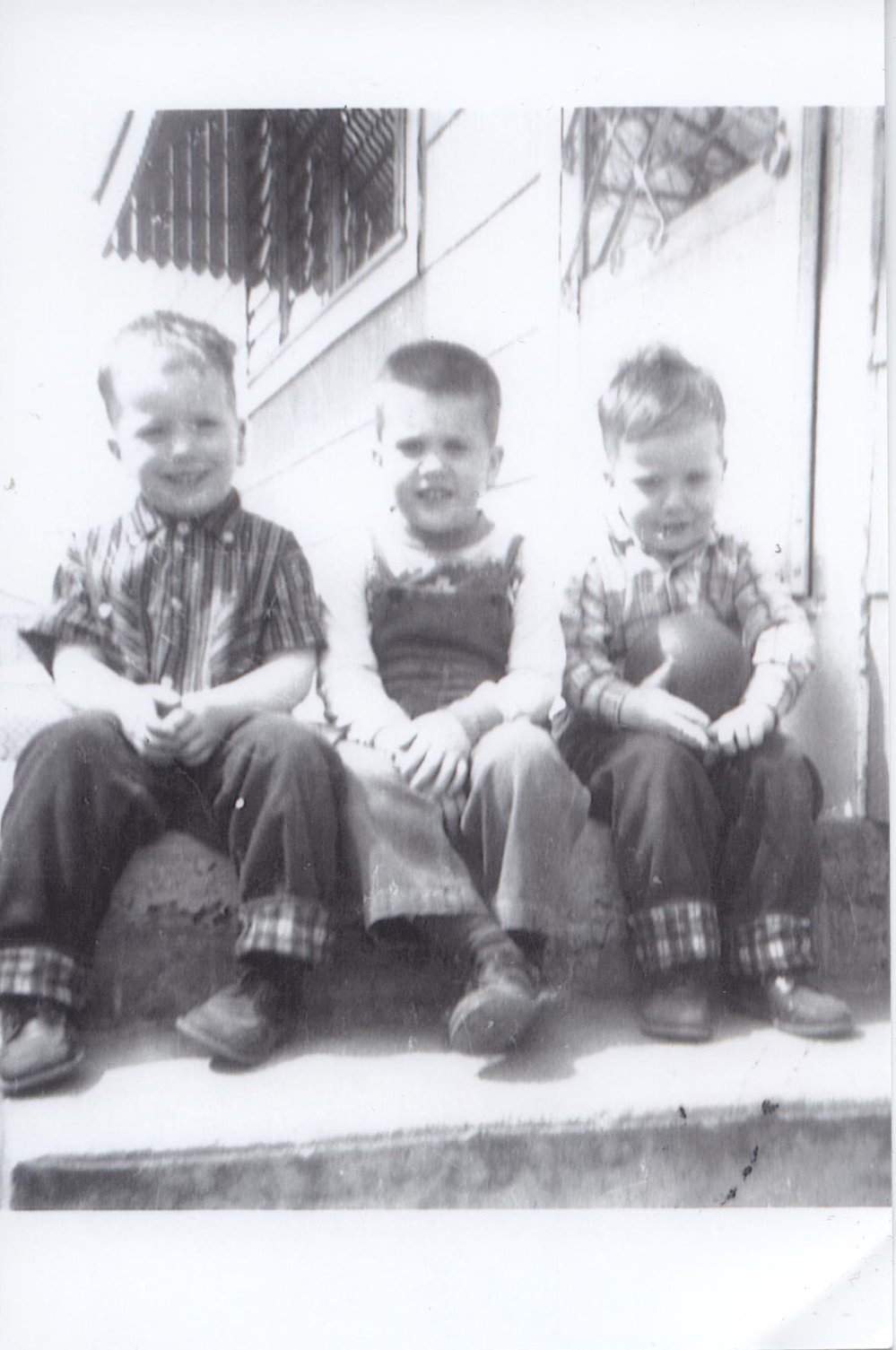
Mel Columcille Gerard Gibson was born on January 3, 1956, in Peekskill, New York, to Irish parents. The sixth of eleven children, his family moved to Australia when Mel was just 12 years old, seeking a fresh start after his father won a workman’s compensation lawsuit. This relocation would be pivotal, as it marked the beginning of Gibson’s connection to the Australian film industry. Raised in a strict Catholic household, Mel’s early life was shaped by his father’s devout beliefs and the strong values instilled by his family.
Gibson’s early education was in private Catholic schools in Sydney, and after finishing high school, he initially considered becoming a journalist. However, his love for drama led him to enroll at the prestigious National Institute of Dramatic Art (NIDA) in Sydney, where he honed his skills and began to show real promise as an actor. Gibson’s theatrical background set the stage for what would become a dynamic and multifaceted career in both acting and directing.
These formative years, split between the United States and Australia, gave Gibson a unique perspective and cultural experience, shaping him into the versatile actor and filmmaker he is today. His journey from a young boy in New York to a rising star in Australia laid the foundation for his future breakthroughs in Hollywood.
Breakthrough in Hollywood
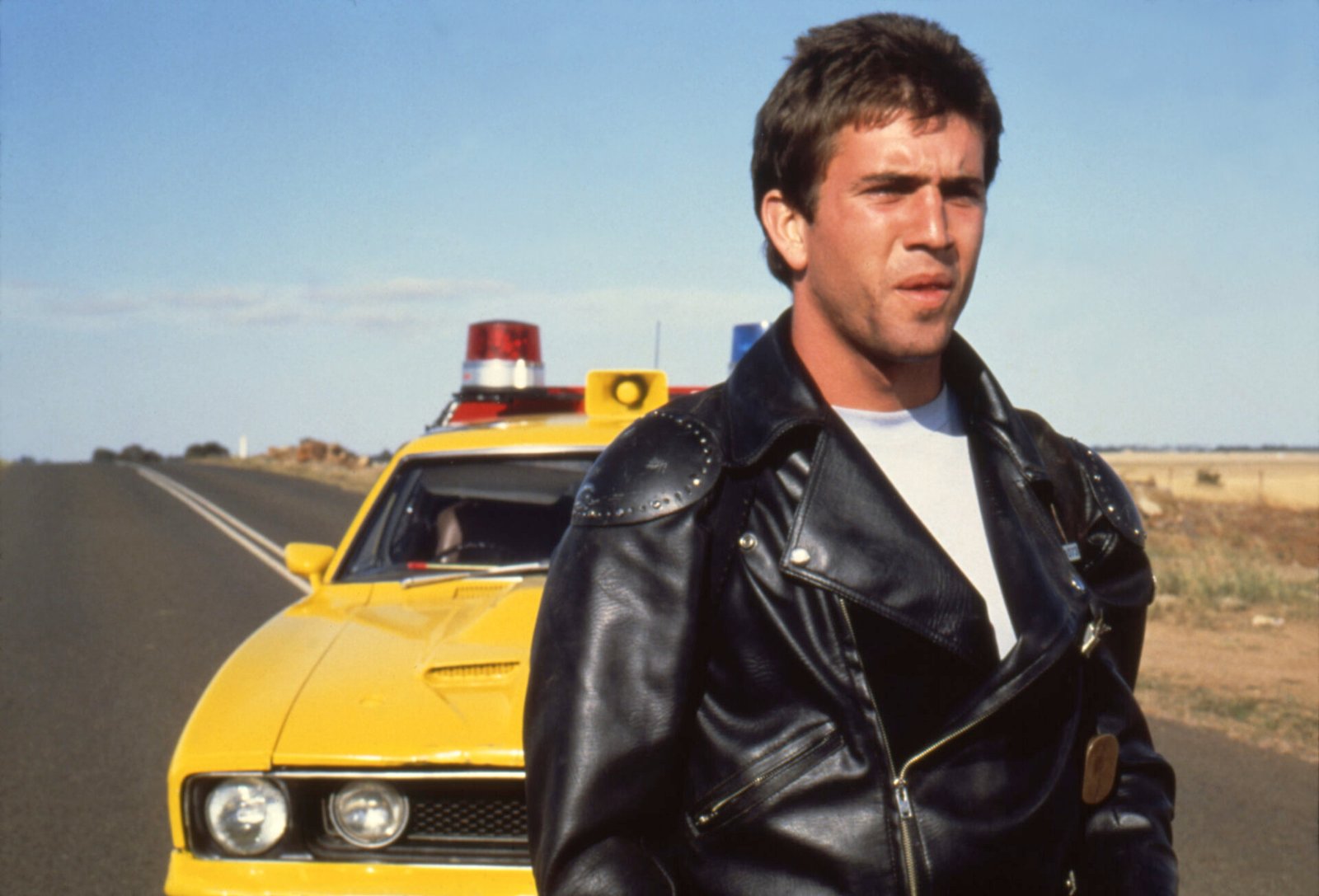
Mel Gibson’s breakthrough in Hollywood came with his portrayal of the rugged and determined Max Rockatansky in the 1979 film Mad Max, directed by George Miller. The role catapulted him into international stardom, especially as the Mad Max series became a massive success, with its sequels Mad Max 2 and Mad Max Beyond Thunderdome further solidifying Gibson as a global action star. His unique blend of charisma, physicality, and vulnerability set him apart from other leading men of the time.
Following Mad Max, Gibson transitioned seamlessly into Hollywood with the Lethal Weapon franchise. As Martin Riggs, a maverick and emotionally scarred police officer, Gibson showed a versatility that went beyond action roles. The chemistry between him and Danny Glover’s character, Roger Murtaugh, turned the film into a blockbuster hit and led to three more successful sequels. By this time, Gibson had proven he wasn’t just an action hero—he had a remarkable range, effortlessly moving between drama, action, and even comedy.
This period marked the beginning of Gibson’s reign as one of Hollywood’s biggest stars. He starred in critically acclaimed films like Gallipoli and The Year of Living Dangerously, further showcasing his dramatic acting chops. With his rugged good looks, undeniable screen presence, and growing portfolio of successful films, Mel Gibson firmly established himself as a leading man in Hollywood, paving the way for the iconic roles that would follow.
Iconic Roles and Filmography
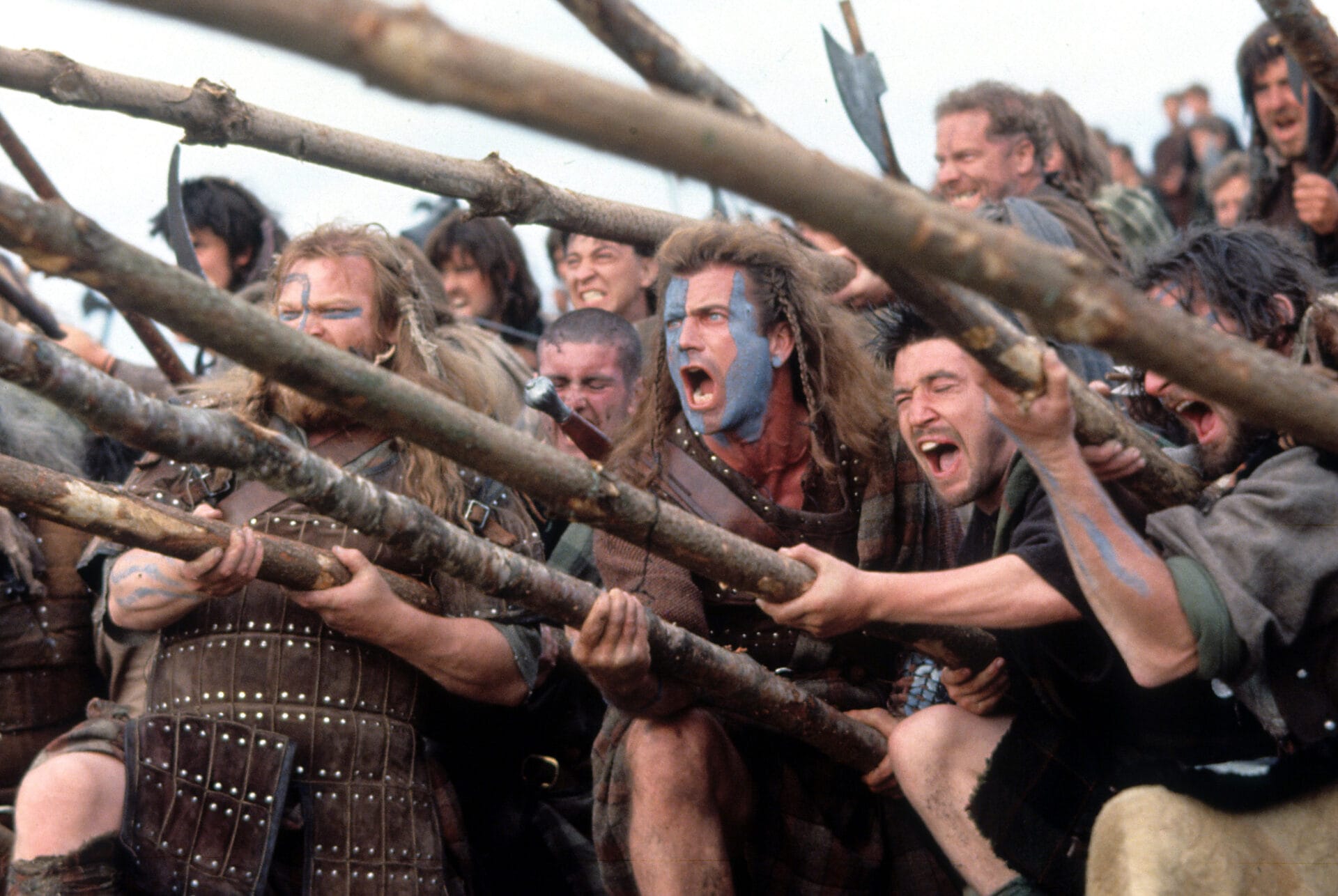
Mel Gibson’s career is defined by an impressive range of iconic roles that have left a lasting impact on Hollywood. His breakout role as Max Rockatansky in the “Mad Max” series, starting in 1979, cemented him as a global action star. The post-apocalyptic world of Mad Max showcased Gibson’s gritty intensity, and the success of the franchise made him a household name. Shortly after, he starred in the “Lethal Weapon” series as Martin Riggs, a reckless yet charismatic cop, which further solidified his status as an action hero throughout the late 1980s and 1990s.
However, Gibson’s talent extended beyond action films. His role as William Wallace in the 1995 historical epic “Braveheart,” which he also directed, earned him critical acclaim. The film won five Academy Awards, including Best Picture and Best Director, showcasing his skills both in front of and behind the camera. In addition to these high-octane and historical dramas, Gibson explored darker, more complex characters, such as his portrayal of a troubled father in “The Patriot” (2000) and his starring role in the supernatural thriller “Signs” (2002). The most recent movie he’s in is “Monster Summer” from 2024
As a filmmaker, Gibson has also made his mark. His direction of the controversial yet successful “The Passion of the Christ” (2004) and the intense, visually stunning “Apocalypto” (2006) demonstrated his commitment to pushing boundaries in storytelling. Whether in front of the camera or behind it, Gibson’s contributions to cinema remain influential, making him one of the most enduring figures in Hollywood history.
Personal Life and Interests

Mel Gibson’s personal life has been as eventful as his career. He is the father of nine children and has been in the spotlight not just for his work, but also for his complex personal relationships. Gibson’s first marriage to Robyn Moore lasted over 26 years, ending in one of the most expensive divorce settlements in Hollywood. Since then, he has been in several high-profile relationships, including with Russian pianist Oksana Grigorieva, with whom he shares a daughter.
Outside of the film industry, Gibson is known for his deep interest in spirituality and his strong Catholic faith, which heavily influenced his work on “The Passion of the Christ.” He has also maintained a passion for history and has directed several films that reflect his interest in historical events, including “Braveheart” and “Apocalypto” as well as his passion for freedom in the 2023-film “Sound of Freedom”. In his free time, Gibson enjoys outdoor activities like horseback riding, hiking, and surfing, often retreating to his private ranch in Australia.
Though controversies have surrounded his personal life, including legal and public disputes, Gibson continues to be a figure who channels his personal passions into his creative work. Whether it’s through his religious beliefs, historical interests, or dedication to his family, his personal life has undeniably shaped the legacy he leaves behind in the film industry.
Fun Facts and Trivia
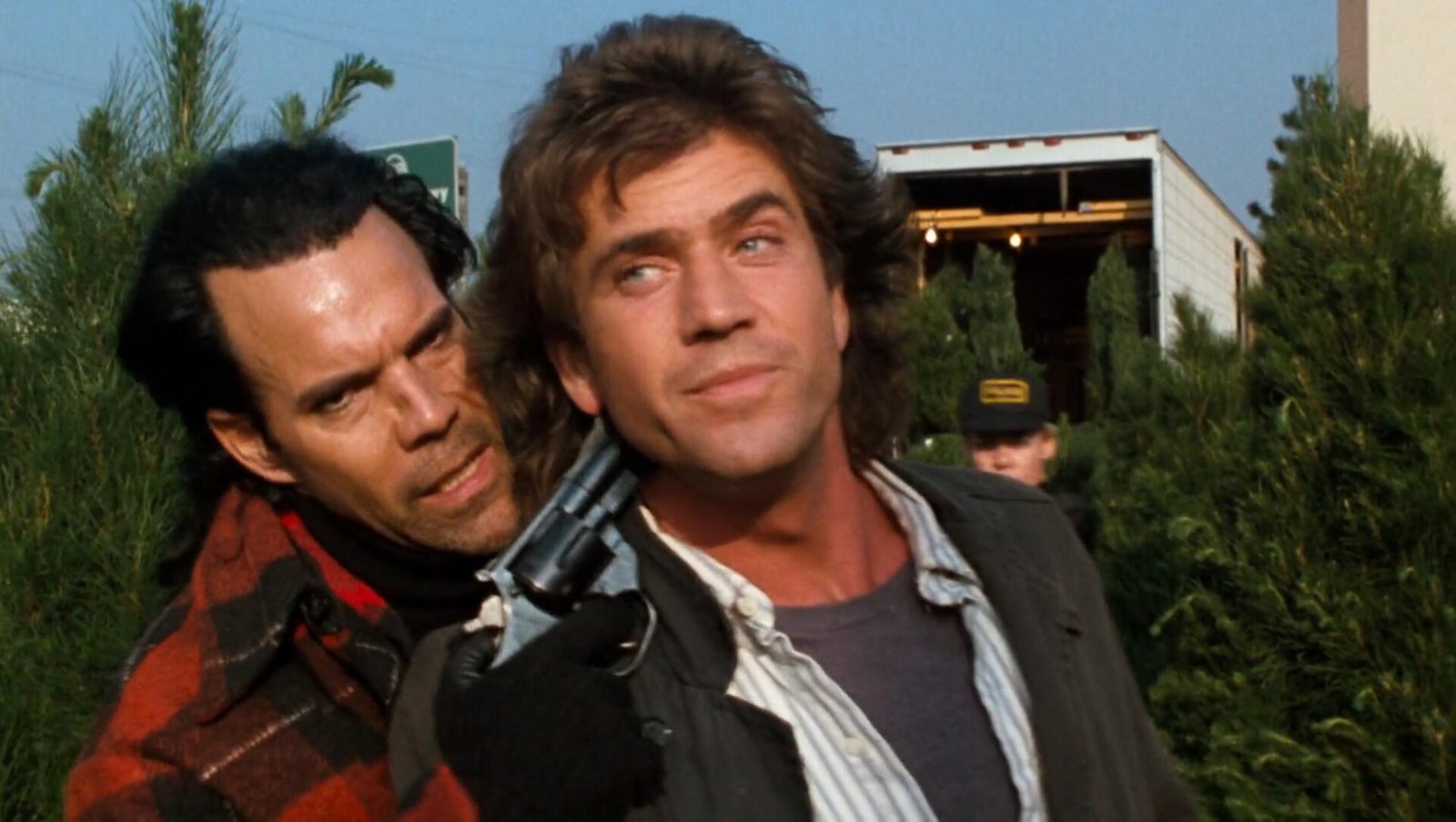
Here are some fun facts and trivia about Mel Gibson that might surprise you. Did you know that he was born in Peekskill, New York, but moved to Australia with his family when he was just 12 years old? This explains why he’s often mistaken for an Australian actor, even though he holds dual citizenship. Gibson also famously performed all of his own stunts in the “Mad Max” series, cementing his reputation as a true action star.
A lesser-known fact is that Gibson turned down the role of Batman in the 1989 Tim Burton film. Imagine how different that iconic movie could have been with Gibson behind the mask! Another interesting bit of trivia is that Gibson directed “The Passion of the Christ” in both Aramaic and Latin, languages that had been nearly extinct for centuries, adding to the film’s authenticity.
Finally, Gibson has a star on the Hollywood Walk of Fame, but what makes it unique is that it’s located at the very intersection of Hollywood Boulevard and Highland Avenue, one of the busiest spots in Hollywood. That’s quite fitting for a star who’s had such a massive impact on both sides of the camera!
Recap
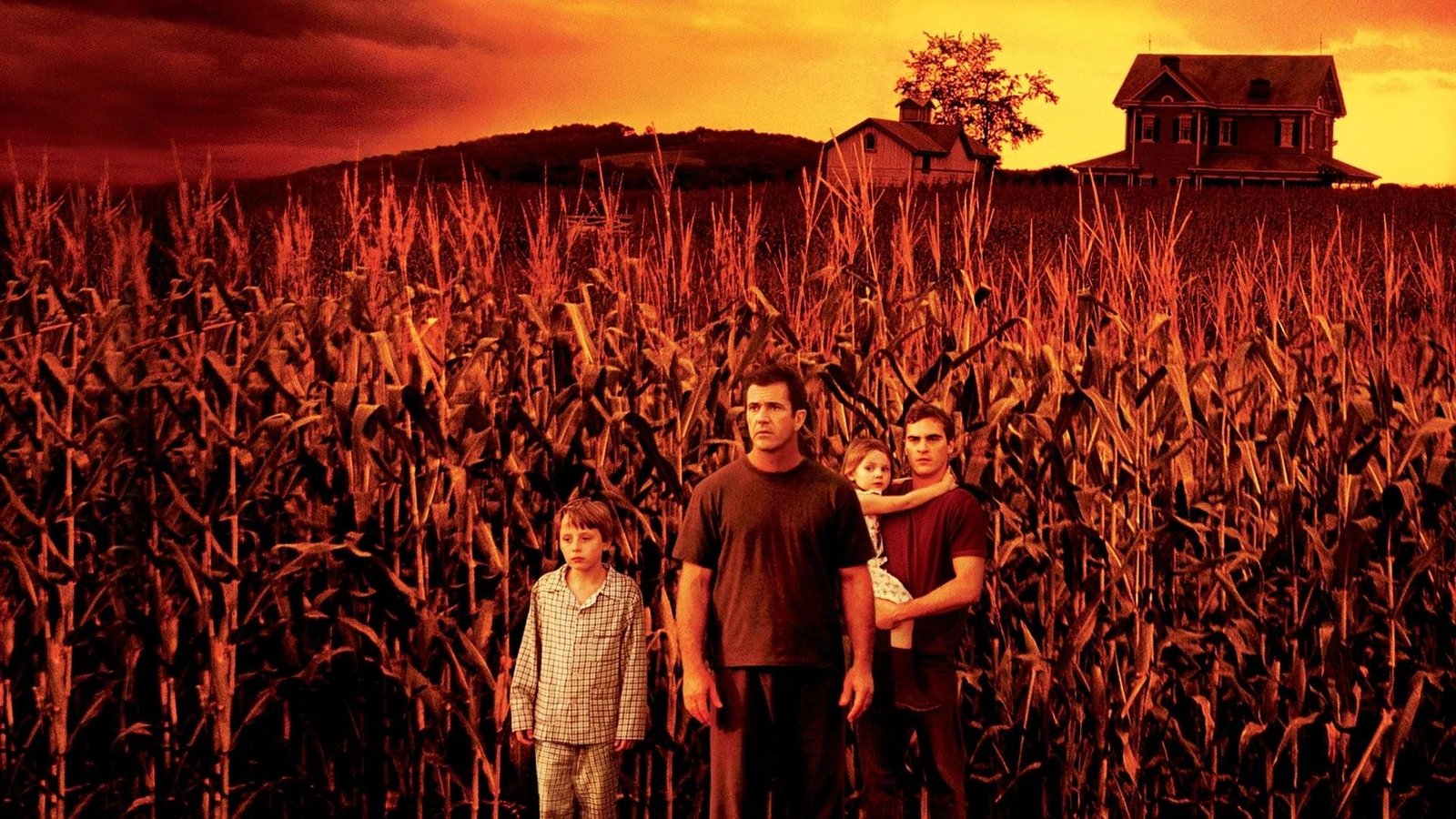
Mel Gibson’s journey in the entertainment industry is nothing short of remarkable. From his early days in Australia to becoming a household name in Hollywood, he has left an undeniable mark on cinema. With iconic roles like Max Rockatansky in Mad Max and William Wallace in Braveheart, Gibson showcased his versatility as an actor and his prowess behind the camera as a director. His films often push boundaries, both in storytelling and in visual style, and they continue to influence generations of filmmakers and actors alike.
Beyond his success on screen, Gibson’s personal life has also made headlines, often overshadowing his accomplishments. Despite the controversies, his contributions to film, especially as a visionary director with works like The Passion of the Christ and Hacksaw Ridge, are widely recognized and respected. His career spans decades, filled with highs and lows, yet his impact on Hollywood remains strong.
In summary, Mel Gibson’s legacy is one of talent, resilience, and reinvention. He has cemented himself as one of the most influential figures in both acting and directing, proving time and again that his artistic vision knows no bounds. Whether in front of the camera or behind it, Gibson’s influence on the film industry is undeniable and enduring.



